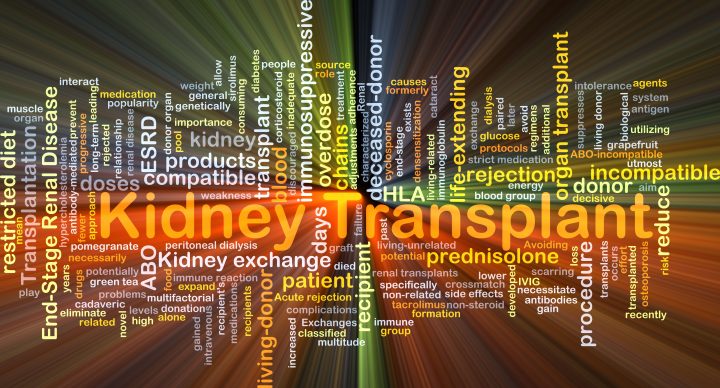
A kidney transplant is a standout amongst the most widely recognized organ transplant medical procedures performed today. In this medical procedure, kidneys that aren’t functioning well are supplanted by a kidney from a contributor. Kidney transplants have been performed since the 1950s. This medical procedure is a lifesaving decision for a huge number of patients with end-stage kidney failure. If you have kidney failure and cannot have a transplant, dialysis can help to sustain life. Dialysis cleans the blood by expelling waste products such as urea. In this blog, we are trying to deliver a quick walk through what is a kidney transplant and we’ll also help you find out the best Renal Transplant in Kerala
How Do Kidneys Work?
The kidneys are fist-sized organs that handle the body’s fluid and chemical levels. There are two kidneys, situated on either side of the spine at the lowest level of the rib cage. Each kidney contains up to a million working units called nephrons. A nephron comprises of a filtering unit of tiny blood vessels joined to a tubule. When blood enters the glomerulus, it is filtered and the remaining fluid then passes along the tubule. In the tubule, chemicals and water are either added to or expelled from this filtered liquid as per the body’s needs, the final product being the urine we discharge.
The kidneys play out their life-sustaining job of filtering and returning to the bloodstream around 200 quarts of fluid every 24 hours. Around two quarts are expelled from the body as urine, and around 198 quarts are recovered. The urine we discharge has been stored in the bladder for anywhere in the range of 1 to 8 hours.
What Happens When Kidneys Fail?
Harmful waste builds up in the body, which leads to:
- Nausea
- Trouble sleeping
- Poor appetite
- Weakness
- Tiredness
- Itching
- Weight loss
- Muscle cramps (especially in the legs)
- Swelling of your feet or ankles
- Anemia (a low blood count)
- Trouble sleeping
Symptoms
- Swelling of the hands, feet, and face (Edema)
- Headaches (due to high blood pressure)
- Seizures
- Pale skin color (due to low iron)
- Coffee colored urine
- Chronic bad breath that cannot be freshened by brushing your teeth
- Depression
- Fatigue
- Itchy skin
Causes
- High blood sugar (=Diabetes)
- High blood pressure
- Scars in the kidneys’ tiny filters
Other risk factors are:
- High blood pressure
- Hardening of the arteries
- African-American or Native American background
- Obesity
- Older age
- Untreated strep infections
- Chronic kidney infections
- Lupus
- Bad diarrhea
- Kidney stones
- Long-term use of nonsteroidal anti-inflammatory drugs (NSAIDs) like ibuprofen
Treatment
Dialysis
The most widely recognized treatment for end-stage kidney disease is dialysis. Dialysis expels waste, additional water, and chemical substances (like potassium, sodium, calcium, and acid) from the body. The 2 kinds of dialysis are :
-
Hemodialysis
-
Peritoneal dialysis
In hemodialysis, your circulatory system is joined to a kidney machine outside the body. Hemodialysis is most often done 3 times each week and every session takes around 4 hours.
Peritoneal dialysis is done through a tube in the stomach. Dialysis won’t fix kidney failure. But dialysis can replace the work of the kidneys, and help you feel much improved and live more.
Kidney Transplant
Around 30 out of 100 patients with kidney failure can have a kidney transplant. This medical procedure returns kidney work by replacing two failed kidneys with one healthy organ. Around 66% of kidney transplants originate from deceased donors. In any case, relatives, mates (living, related donors) and friends (living, unrelated donors) can give securely if tests show that the giver will have nearly normal kidney function after giving up one kidney.
A kidney transplant is frequently placed in the lower belly without removing the failed kidneys. The artery and vein of the new kidney are joined to an artery and a vein in the pelvis next to the bladder. The ureter connected to the new kidney is joined to your bladder or to one of your ureters. In a child, the blood vessels from a huge grown-up kidney transplant are often joined to the child’s aorta and inferior vena cava.
Lourdes Hospital has expert Nephrology consultants, Junior doctors, nurses and technicians who are highly experienced in patient care and are treating hundreds of patients with Kidney disorders. For the best renal transplant in Kerala, there is no other best choice than Lourdes Hospital. To know more regarding renal transplant and implant pricing, Visit us!
